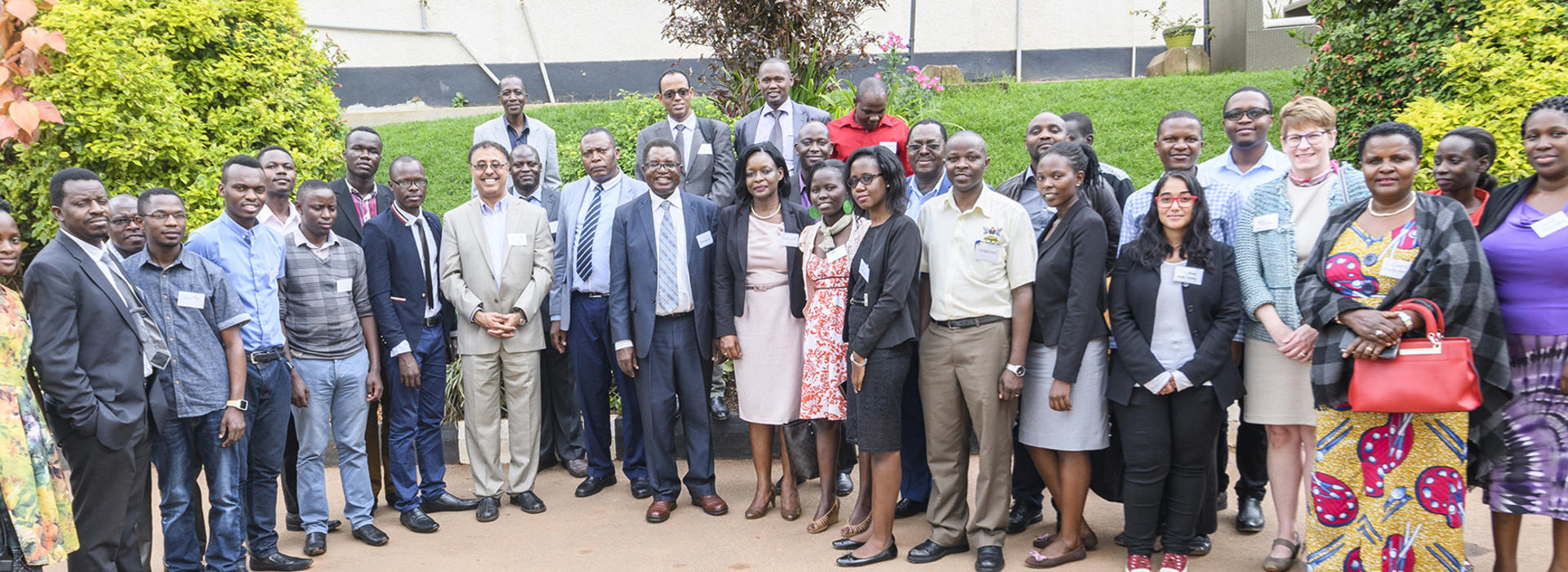
Duluth Global Health Research Institute
At the Duluth Global Health Research Institute (DGHRI), we are dedicated to developing research and educational programs that promote the discovery of knowledge and the exchange of people and ideas, regarding mutual health problems on a global scale.
In partnership, we seek to respectfully support and engage investigators, educators, and scholars to build a long-term capacity in health research and education around the world.
Global Survey on Stress and Resilience in the Face of Coronavirus (COVID-19)
We hope you all are staying safe and well!
Our team has launched a global survey focusing on Stress and Resilience in the Face of Coronavirus (COVID-19). This survey is published in English here, and it has also been translated to all UN languages: Spanish, French, Arabic, Chinese, and Russian, in addition to Italian and German.
We are asking for your help in completing the survey and circulating the links to all who may be interested in participating in the US and abroad. Any one 18 or older is eligible to participate.
Thank you all for your help with this time-sensitive research.
With the growing human connections and movements in every corner of the world, including here in Minnesota, our mandates as health educators, researchers, and professionals are expanding. Globalization has made it essential for our researchers and graduates to be ready and prepared to address emergent and ongoing health challenges that encompass complex biological, social, and cultural factors. Our goal is to help advance research and training programs that strengthen our students’ and researchers’ knowledge base to address these challenges. We will build on existing collaborative linkages that the University has across the globe, and we will build new collaborative links to serve our medical students and researchers in Duluth.
Current global health research activities in Duluth include collaborations with multiple universities in Africa, South America, Europe, Asia, and the Middle East, focusing on substance use, mental health challenges, infectious diseases, and comorbidity. New plans are underway to expand our research partnerships to include infectious diseases and HIV. We are also developing training opportunities for our medical students at multiple sites.
– Mustafa al'Absi, PhD, Director, Duluth Global Health Research Institute
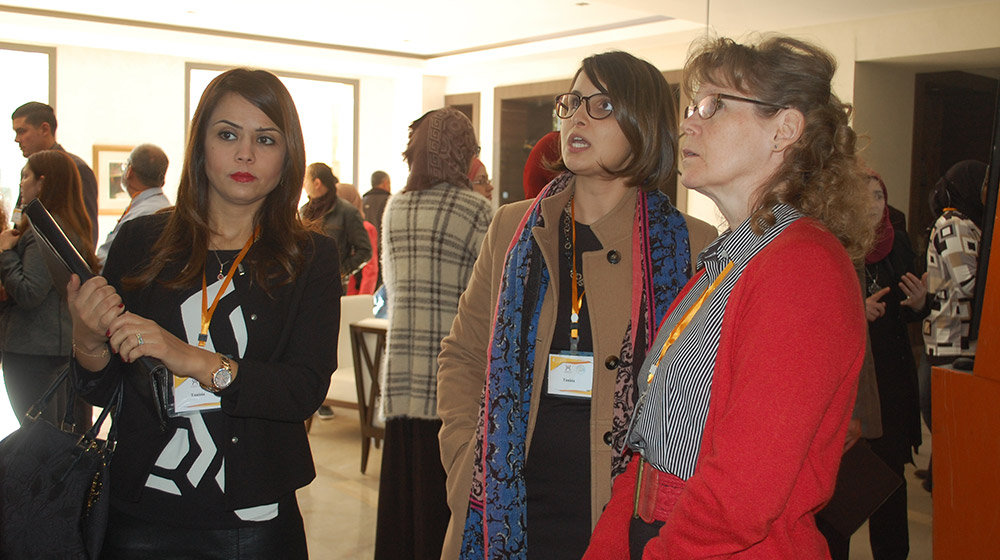
DGHRI is committed to developing innovative global medical research and training, which will extend strengths within the University of Minnesota Medical School Duluth Campus, focusing on both non-communicable and communicable diseases. The Institute integrates and expands existing programs and leverages the strong track record of faculty members towards developing a globally distinguished mission. Learning and working globally in under-resourced areas with similar challenges can enhance our work locally and open opportunities for international multi-site projects; it also provides our school the opportunity to lead globally in areas relevant to our research and training strengths.
The Duluth Global Health Research Institute Advisory Board combines scientific and community stakeholders to advise our DGHRI staff on how to best focus our resources to advance research and training through programmatic direction, community outreach, long-range finance and development strategies, public relations, and advocacy.
• Ruth Westra, DO, MPH
• Brenna Greenfield, PhD, LP
• Obsa Hassan, MD
• Jerry Kroll, MD
• Raymond Christensen MD
• Arif Hamid, Ph.D.
• Robin Michaels, Ph.D.
All faculty and staff members within the University of Minnesota Medical School campuses in Duluth and Minneapolis are welcome to join and collaborate with our DGHRI research teams. Our research teams are devoted to elevating our global medical research and training activities.
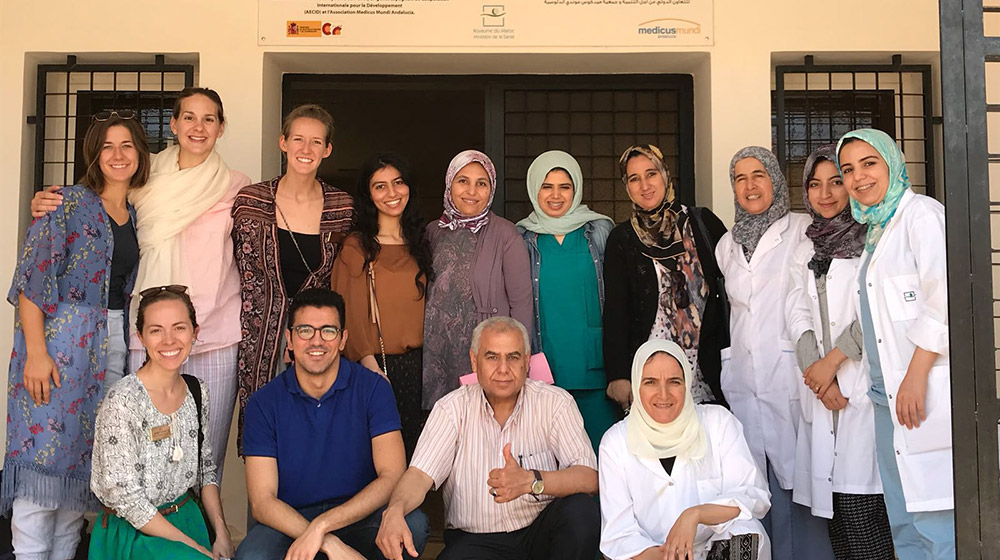
Training opportunities through DGHRI will be developed and made available to interested medical students, graduate students, and others through direct participation in research, seminars, and targeted field experiences.
Medical education activities will include identifying and facilitating global training experiences for interested medical students and other advanced trainees. The Institute will help identify experiences at international sites, and it will help build collaborative bridges with these sites. A committee of experienced, motivated, and globally minded physicians and graduate faculty will lead efforts to identify sites and funding resources for such experiences.
Past Opportunities
Morocco 2017
Mission: Crossing borders to remedy rural physician shortages
Research
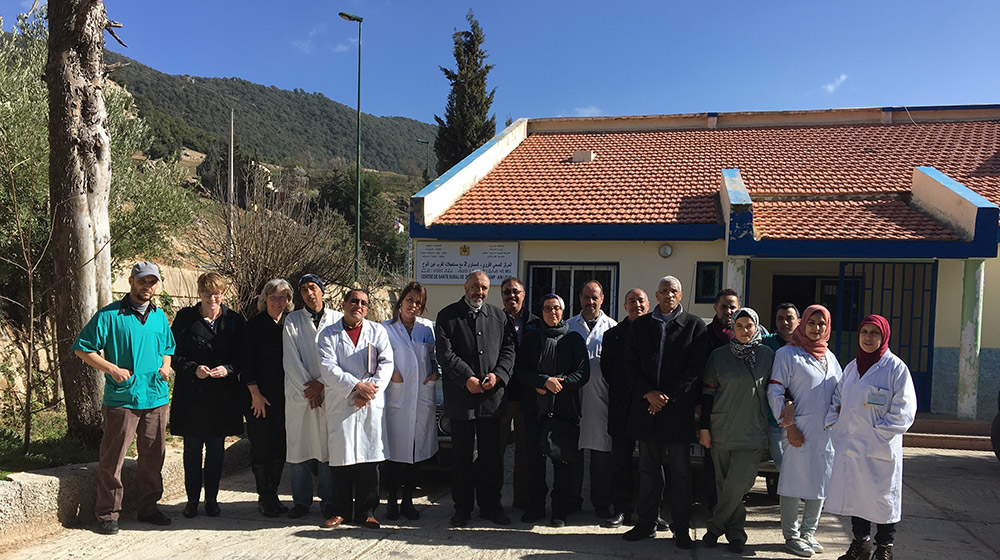
The Duluth Global Health Research Institute was established to support global medical research initiatives in various health domains. The focal point of our mission is to leverage and expand the existing successes in global health research and training. We aim to be a leader in addressing health disparities and disseminating knowledge through research from the local to the global stage. This allows our team to gain knowledge of new models to address health disparities.
The main administrative resources of DGHRI are housed in the facilities of the Medical School, Duluth Campus. In addition, the Institute seeks new opportunities for collaborations across research and training entities of the University of Minnesota, as well as other universities in the United States, and abroad.
Stress and Resilience Research Laboratories (SRRL)
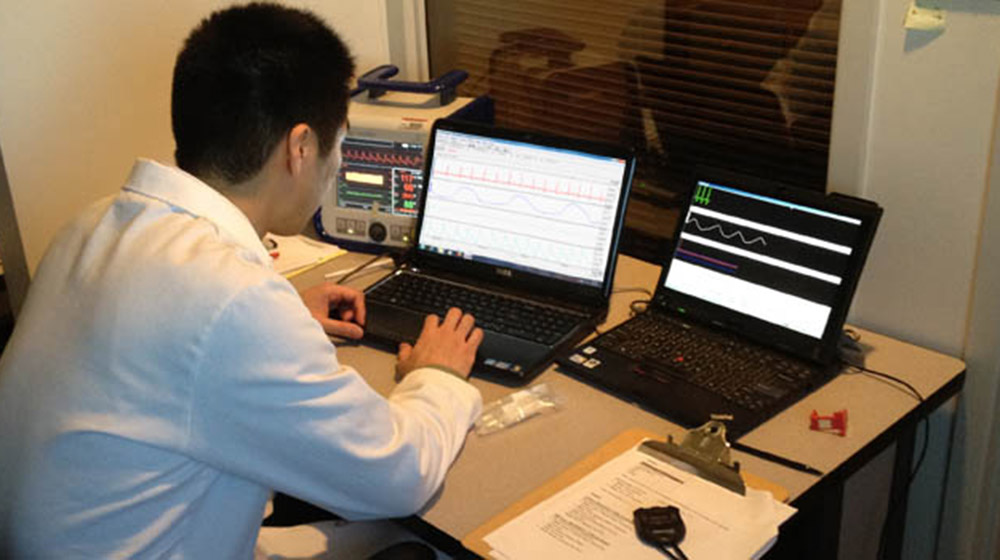
Stress and Resilience Research Laboratories (SRRL) are located within the two main campuses of the University of Minnesota Medical School – Minneapolis and Duluth. SRRL has long been engaged in several collaborations with multiple laboratories at other universities in the U.S. and around the globe, developed by the lab PI (Dr. Mustafa al’Absi) and other faculties. The PI will bring resources to bear on this effort. Research programs in these labs have been funded by NIH, NSF, and other national organizations. These programs focus on stress, addiction, risk factors for chronic diseases, and immigrant health.
Khat Research Program (KRP)
The KRP is a unique, multidisciplinary research and training program focusing on khat abuse and addiction. The program is partially funded by the National Institutes of Health and the University of Minnesota and its success is evidenced by 32 high-impact journal publications authored by Medical School - Duluth faculty and staff over the last six years. The program is conducted in collaboration with multiple universities in the United States, Europe, Africa, and the Middle East; and the KRP will form the core model for future research initiatives on substance use and related mental health problems.
Minnesota-Morocco Stress and Addiction Program (MIMOSA) - Morocco
This program was launched in collaboration with multiple universities and coordinated by the University of Fez. The MIMOSA program allowed us to take advantage of a unique opportunity to study cannabis abuse and addiction in a region that is one of the world’s most prolific producers of marijuana (Rif Valley of Morocco) and that has many heavy cannabis users. Our collaborations have involved training and mentoring activities with medical school residents and junior faculty. Our existing relationships with these medical schools will help facilitate bi-directional field experiences for residents and other students in our respective institutions.
Minnesota-Monastir Stress and Addiction Program (MIMOSA) - Tunisia
This collaboration seeks to establish a transdisciplinary research and capacity building program addressing addictive disorders and mental health comorbidity with a particular focus on stress and life adversity as risk factors. Our specific capacity building goals for this project are to capitalize on our early collaborations by establishing a regional resource center to increase the number of researchers in North Africa. To take advantage of relative stability, geographic centrality, support for research, and long-term collaborations, this program is based in Tunisia. Tunisian universities, national and regional agencies, and non-governmental organizations participate in coordinating and hosting training activities in Monastir, Sousse, and Tunis. Because of the high level of psychosocial stress experienced in this region, we focus on the role of psychosocial stress and life adversity in addictive behaviors (with a focus on tobacco cigarettes and waterpipe) mental health comorbidity.
African and Middle East Congress on Addiction (AMECA)
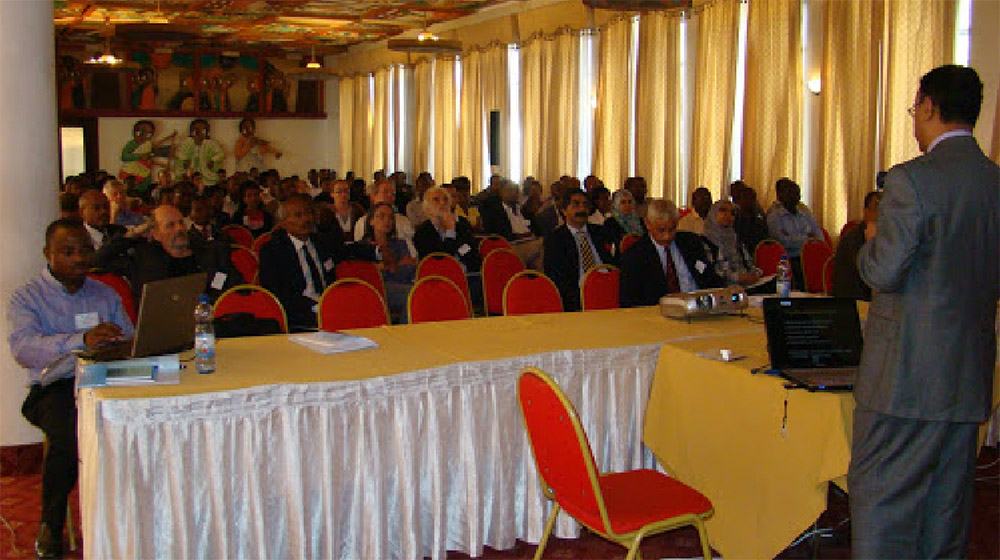
AMECA is an international initiative led by faculty from the University of Minnesota Medical School, Duluth Campus, which provides a venue to gather researchers and clinicians from multiple fields including medicine, psychology, public health, and related fields. AMECA was developed as an initiative to coordinate capacity for research on addiction and related mental health disorders in Africa and the Middle East. There are current initiatives within AMECA to form a special interest group dedicated to the toll that addiction and mental health comorbidities have on the lives of women and children.
Contact
Duluth Global Health Research Institute
1035 University Drive
Duluth, MN 55812-3031
United States
Email: dghri@d.umn.edu
Phone: 218-726-8513
Fax: 218-726-7559